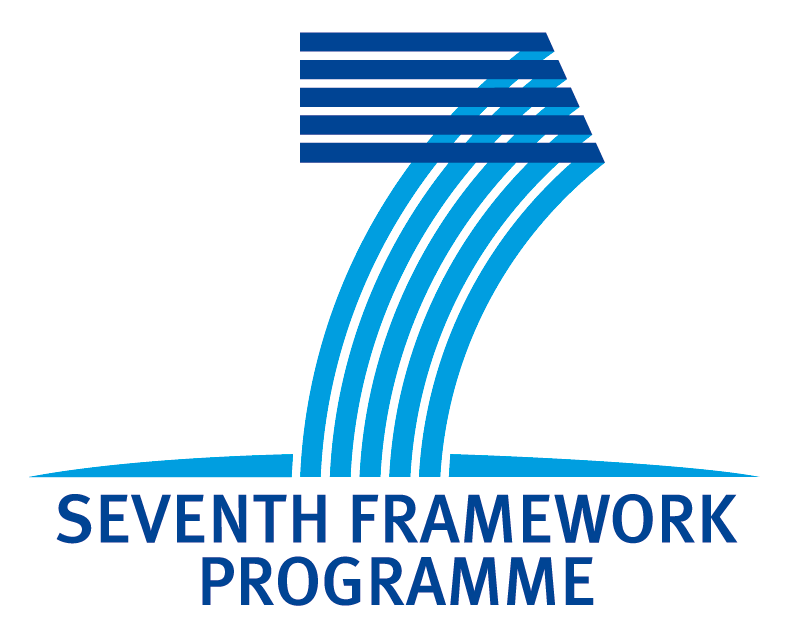What is the MIRABEL Project?
MIRABEL stands for Micro-Request-Based Aggregation, Forecasting and Scheduling of Energy Demand, Supply and Distribution.
Supported by the European Commission's Seventh Framework Programme (FP7), the main goal of the MIRABEL Project is to develop an approach on a conceptual and an infrastructural level that allows energy distribution companies to balance the available supply of renewable energy sources and the current demand in ad-hoc fashion. Many Renewable Energy Sources (RES, e.g., windmills, solar panels) pose the challenge that production is dependent on external factors (wind speed and direction, amount of sunlight, etc.). Hence, available power can only be predicted but not planned, which makes it rather difficult for energy distributors to efficiently include renewable energy sources into their daily schedules.
The technology developed in the MIRABEL Project will improve this situation considerably. In detail, we work on a concept of micro-requests with time shifts to handle the demand and supply of energy on a household level. Further, we define methods to predict the energy supply and demand in the small (i.e., for households) and in the large and to update predictions over time. We aggregate (and disaggregate) the micro-requests on a regional level, and we develop a scheduling approach for energy production and consumption based on aggregated requests. Finally, our methods and algorithms will be implemented in a distributed, highly decentralised and scalable infrastructure to handle the high amount of data (from the mass of households).
Energy distribution companies may use the aggregated request information to re-schedule energy demands/supplies and thus have additional means to react to shortages or an abundance of energy. They may also trade their demand requests with other energy distribution companies.
As a result of the MIRABEL Project, the overall energy production and consumption cycle will be more efficient, and based on our experience with peak-demand levelling, we expect our approach to result in peak-demand reductions of approximately 8-9% for the total grid.
The MIRABEL Consortium consists of six research and technology partners and two use-case partners: SAP AG (Germany), Aalborg Universitet (Denmark), CRES (Greece), Energie Baden-Württemberg (Germany), INEA (Slovenia), the Josef Stefan Institute (Slovenia), the Technische Universität Dresden (Germany), and TNO (Netherlands).


The MIRABEL Project will run for 36 months. Please, bookmark this page to stay informed about project updates.